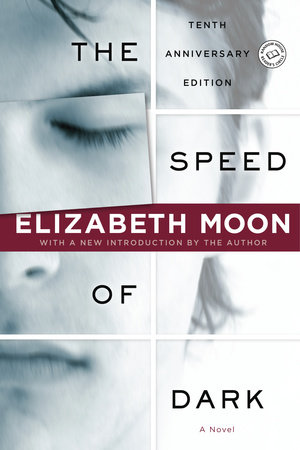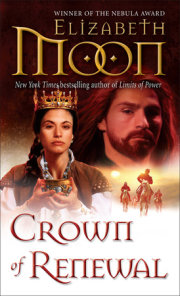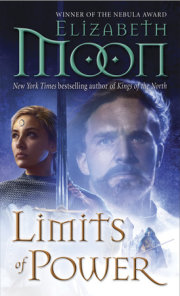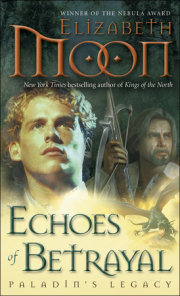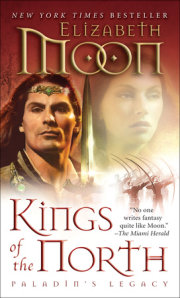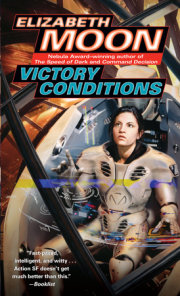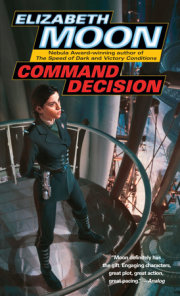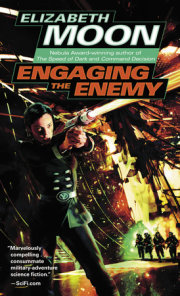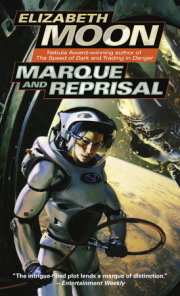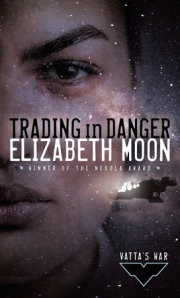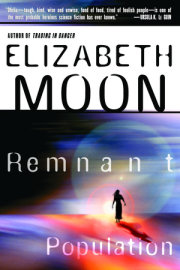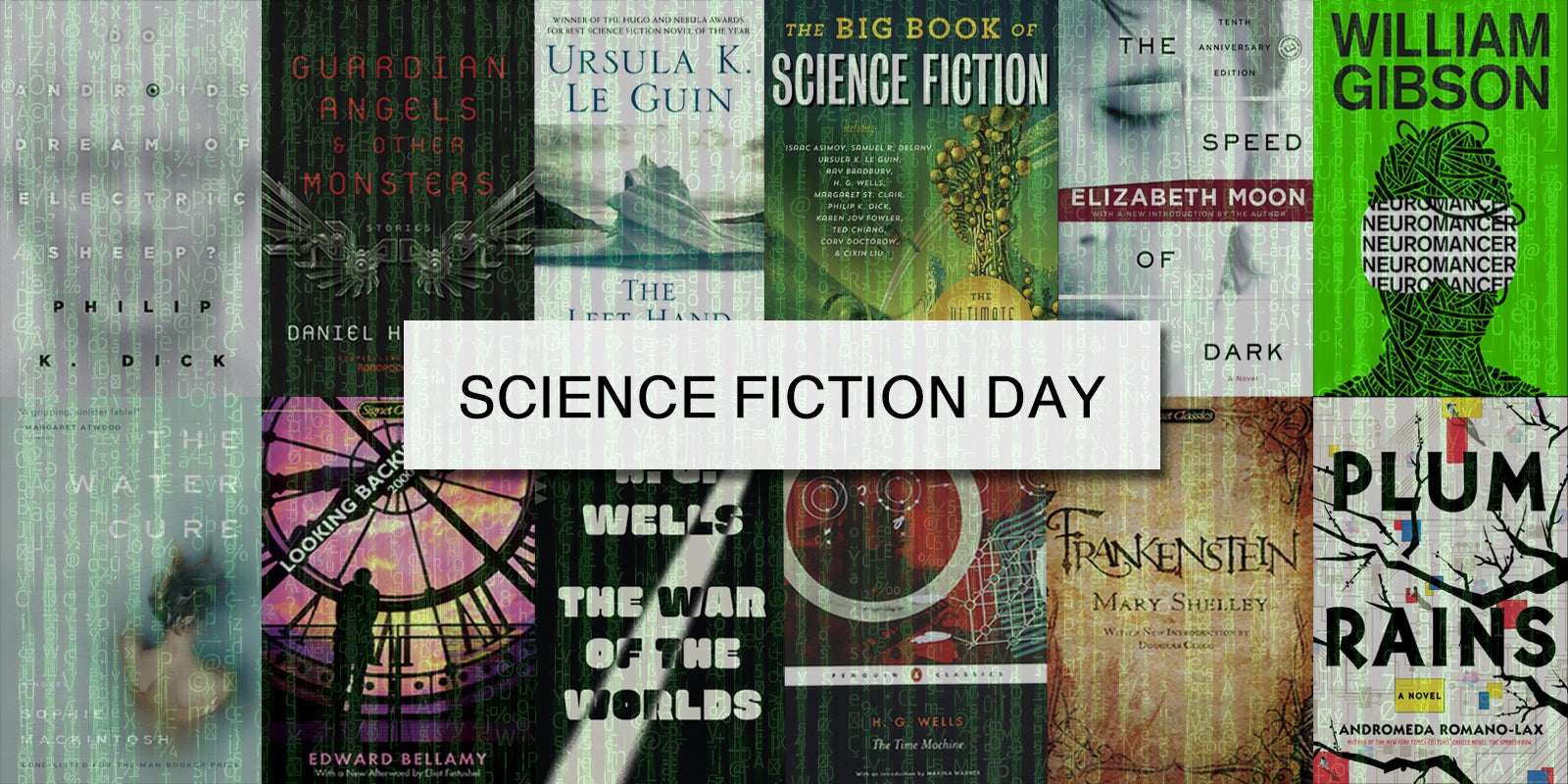CHAPTER ONE
Questions, always questions. They didn’t wait for the answers, either. They rushed on, piling questions on questions, covering every moment with questions, blocking off every sensation but the thorn stab of questions.
And orders. If it wasn’t, “Lou, what is this?” it was, “Tell me what this is.” A bowl. The same bowl, time after time. It is a bowl and it is an ugly bowl, a boring bowl, a bowl of total and complete boring blandness, uninteresting. I am uninterested in that uninteresting bowl.
If they aren’t going to listen, why should I talk?
I know better than to say that out loud. Everything in my life that I value has been gained at the cost of not saying what I really think and saying what they want me to say.
In this office, where I am evaluated and advised four times a year, the psychiatrist is no less certain of the line between us than all the others have been. Her certainty is painful to see, so I try not to look at her more than I have to. That has its own dangers; like the others, she thinks I should make more eye contact than I do. I glance at her now.
Dr. Fornum, crisp and professional, raises an eyebrow and shakes her head not quite imperceptibly. Autistic persons do not understand these signals; the book says so. I have read the book, so I know what it is I do not understand.
What I haven’t figured out yet is the range of things they don’t understand. The normals. The reals. The ones who have the degrees and sit behind the desks in comfortable chairs.
I know some of what she doesn’t know. She doesn’t know that I can read. She thinks I’m hyperlexic, just parroting the words. The difference between what she calls parroting and what she does when she reads is imperceptible to me. She doesn’t know that I have a large vocabulary. Every time she asks what my job is and I say I am still working for the pharmaceutical company, she asks if I know what pharmaceutical means. She thinks I’m parroting. The difference between what she calls parroting and my use of a large number of words is imperceptible to me. She uses large words when talking to the other doctors and nurses and technicians, babbling on and on and saying things that could be said more simply. She knows I work on a computer, she knows I went to school, but she has not caught on that this is incompatible with her belief that I am actually nearly illiterate and barely verbal.
She talks to me as if I were a rather stupid child. She does not like it when I use big words (as she calls them) and she tells me to just say what I mean.
What I mean is the speed of dark is as interesting as the speed of light, and maybe it is faster and who will find out?
What I mean is about gravity, if there were a world where it is twice as strong, then on that world would the wind from a fan be stronger because the air is thicker and blow my glass off the table, not just my napkin? Or would the greater gravity hold the glass more firmly to the table, so the stronger wind couldn’t move it?
What I mean is the world is big and scary and noisy and crazy but also beautiful and still in the middle of the windstorm.
What I mean is what difference does it make if I think of colors as people or people as sticks of chalk, all stiff and white unless they are brown chalk or black?
What I mean is I know what I like and want, and she does not, and I do not want to like or want what she wants me to like or want.
She doesn’t want to know what I mean. She wants me to say what other people say. “Good morning, Dr. Fornum.” “Yes, I’m fine, thank you.” “Yes, I can wait. I don’t mind.”
I don’t mind. When she answers the phone I can look around her office and find the twinkly things she doesn’t know she has. I can move my head back and forth so the light in the corner glints off and on over there, on the shiny cover of a book in the bookcase. If she notices that I’m moving my head back and forth she makes a note in my record. She may even interrupt her phone call to tell me to stop. It is called stereotypy when I do it and relaxing her neck when she does it. I call it fun, watching the reflected light blink off and on.
Dr. Fornum’s office has a strange blend of smells, not just the paper and ink and book smell and the carpet glue and the plastic smell of the chair frames, but something else that I keep thinking must be chocolate. Does she keep a box of candy in her desk drawer? I would like to find out. I know if I asked her she would make a note in my record. Noticing smells is not appropriate. Notes about noticing are bad notes, but not like bad notes in music, which are wrong.
I do not think everyone else is alike in every way. She has told me that Everyone knows this and Everyone does that, but I am not blind, just autistic, and I know that they know and do different things. The cars in the parking lot are different colors and sizes. Thirty-seven percent of them, this morning, are blue. Nine percent are oversize: trucks or vans. There are eighteen motorcycles in three racks, which would be six apiece, except that ten of them are in the back rack, near Maintenance. Different channels carry different programs; that would not happen if everyone were alike.
When she puts down the phone and looks at me, her face has that look. I don’t know what most people would call it, but I call it the I AM REAL look. It means she is real and she has answers and I am someone less, not completely real, even though I can feel the nubbly texture of the office chair right through my slacks. I used to put a magazine under me, but she says I don’t need to do that. She is real, she thinks, so she knows what I need and don’t need.
“Yes, Dr. Fornum, I am listening.” Her words pour over me, slightly irritating, like a vat of vinegar. “Listen for conversational cues,” she tells me, and waits. “Yes,” I say. She nods, marks on the record, and says, “Very good,” without looking at me. Down the hall somewhere, someone starts walking this way. Two someones, talking. Soon their talk tangles with hers. I am hearing about Debby on Friday . . . next time . . . going to the Did they? And I told her. But never bird on a stool . . . can’t be, and Dr. Fornum is waiting for me to answer something. She would not talk to me about a bird on a stool. “I’m sorry,” I say. She tells me to pay better attention and makes another mark on my record and asks about my social life.
She does not like what I tell her, which is that I play games on the Internet with my friend Alex in Germany and my friend Ky in Indonesia. “In real life,” she says firmly. “People at work,” I say, and she nods again and then asks about bowling and miniature golf and movies and the local branch of the Autism Society.
Bowling hurts my back and the noise is ugly in my head. Miniature golf is for kids, not grownups, but I didn’t like it even when I was a kid. I liked laser tag, but when I told her that in the first session she put down “violent tendencies.” It took a long time to get that set of questions about violence off my regular agenda, and I’m sure she has never removed the notation. I remind her that I don’t like bowling or miniature golf, and she tells me I should make an effort. I tell her I’ve been to three movies, and she asks about them. I read the reviews, so I can tell her the plots. I don’t like movies much, either, especially in movie theaters, but I have to have something to tell her . . . and so far she hasn’t figured out that my bald recitation of the plot is straight from a review.
I brace myself for the next question, which always makes me angry. My sex life is none of her business. She is the last person I would tell about a girlfriend or boyfriend. But she doesn’t expect me to have one; she just wants to document that I do not, and that is worse.
Finally it is over. She will see me next time, she says, and I say, “Thank you, Dr. Fornum,” and she says, “Very good,” as if I were a trained dog.
Outside, it is hot and dry, and I must squint against the glitter of all the parked cars. The people walking on the sidewalk are dark blots in the sunlight, hard to see against the shimmer of the light until my eyes adjust.
I am walking too fast. I know that not just from the firm smack of my shoes on the pavement, but because the people walking toward me have their faces bunched up in the way that I think means they’re worried. Why? I am not trying to hit them. So I will slow down and think music.
Dr. Fornum says I should learn to enjoy music other people enjoy. I do. I know other people like Bach and Schubert and not all of them are autistic. There are not enough autistic people to support all those orchestras and operas. But to her other people means “the most people.” I think of the Trout Quintet, and as the music flows through my mind I can feel my breathing steady and my steps slow to match its tempo.
Copyright © 2004 by Elizabeth Moon. All rights reserved. No part of this excerpt may be reproduced or reprinted without permission in writing from the publisher.

